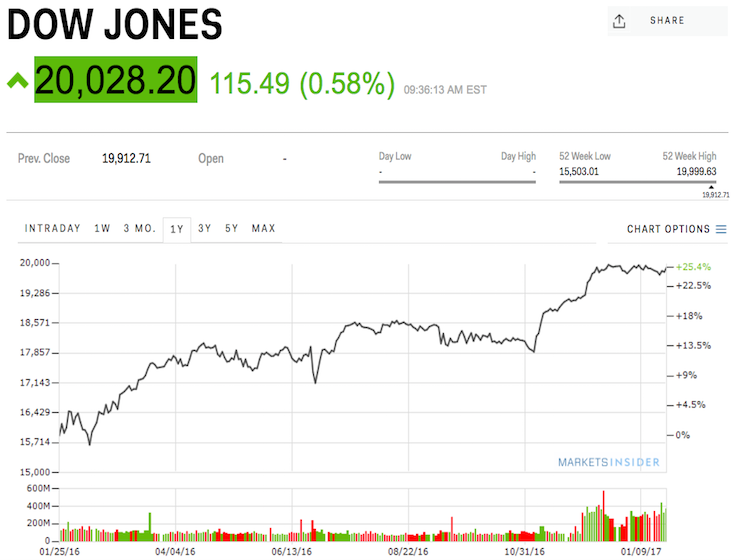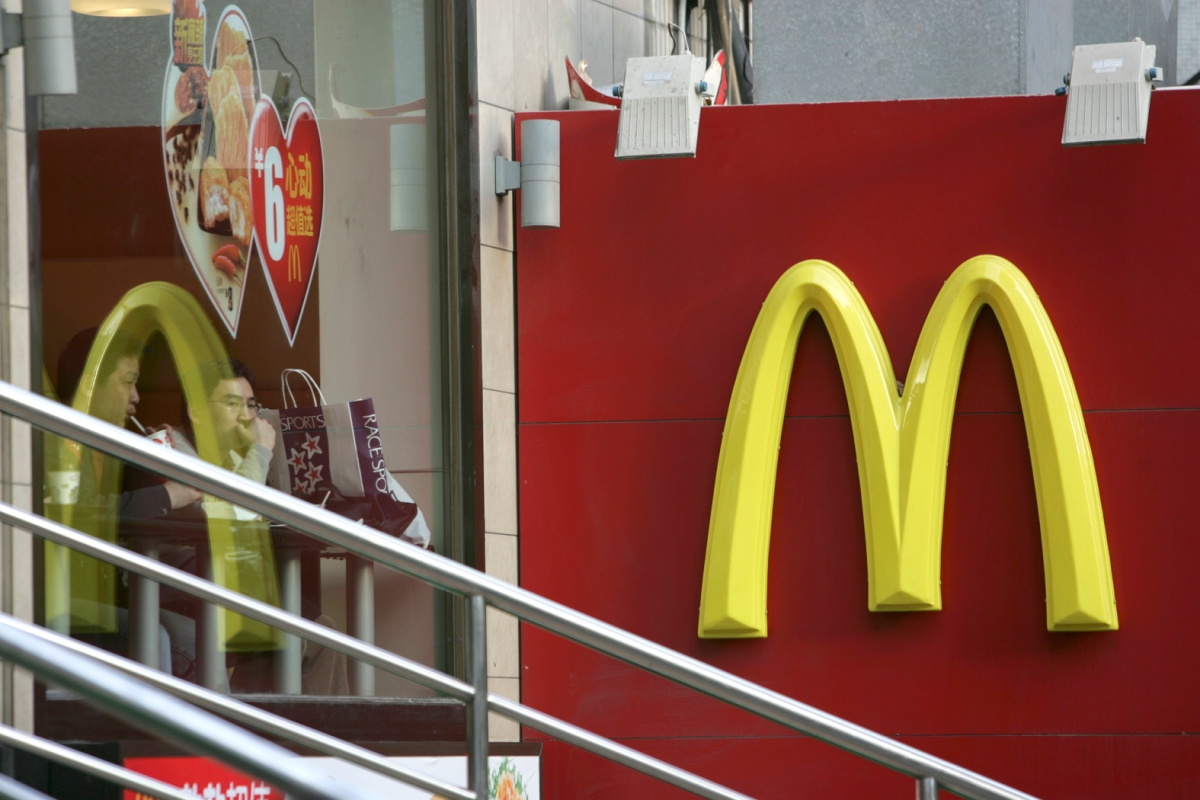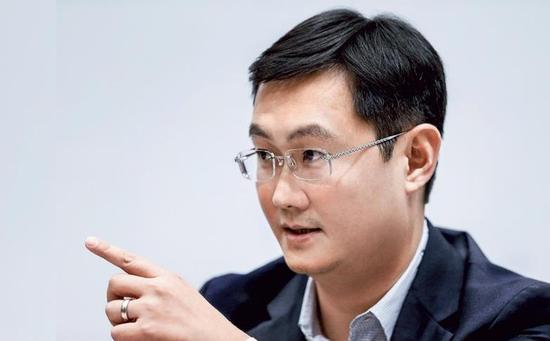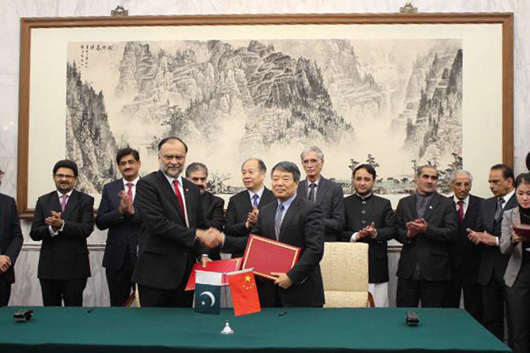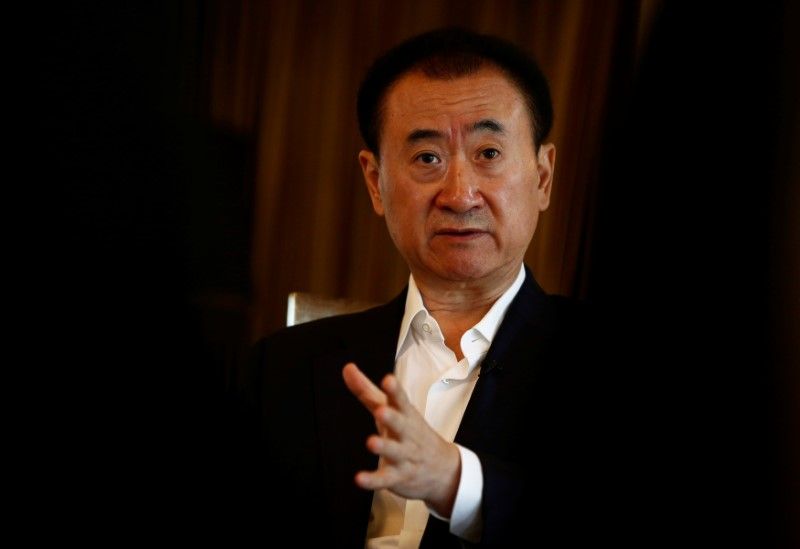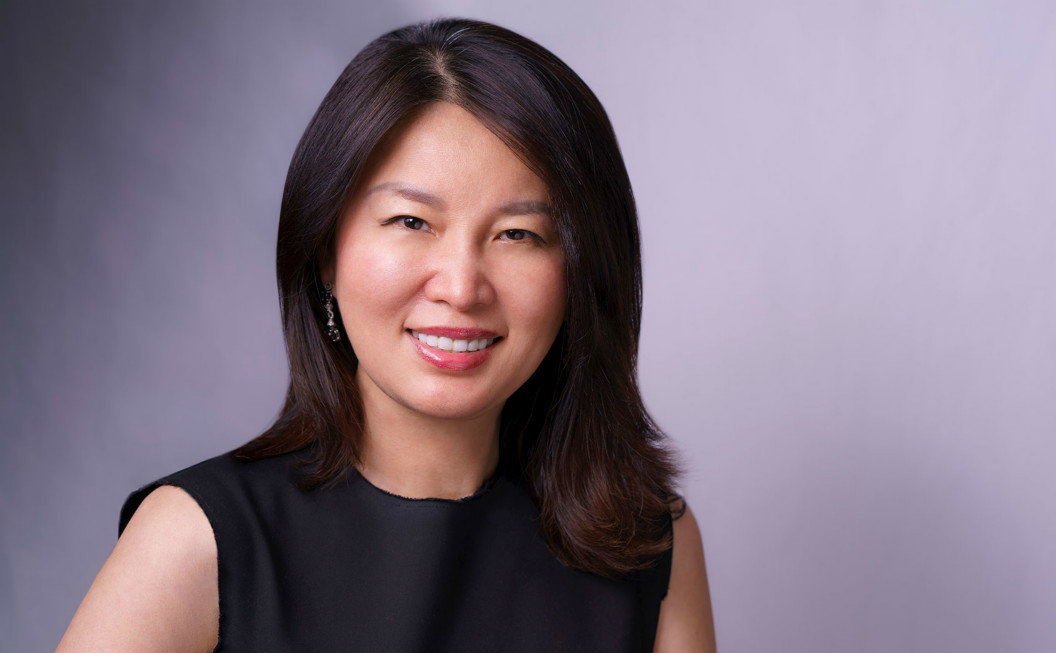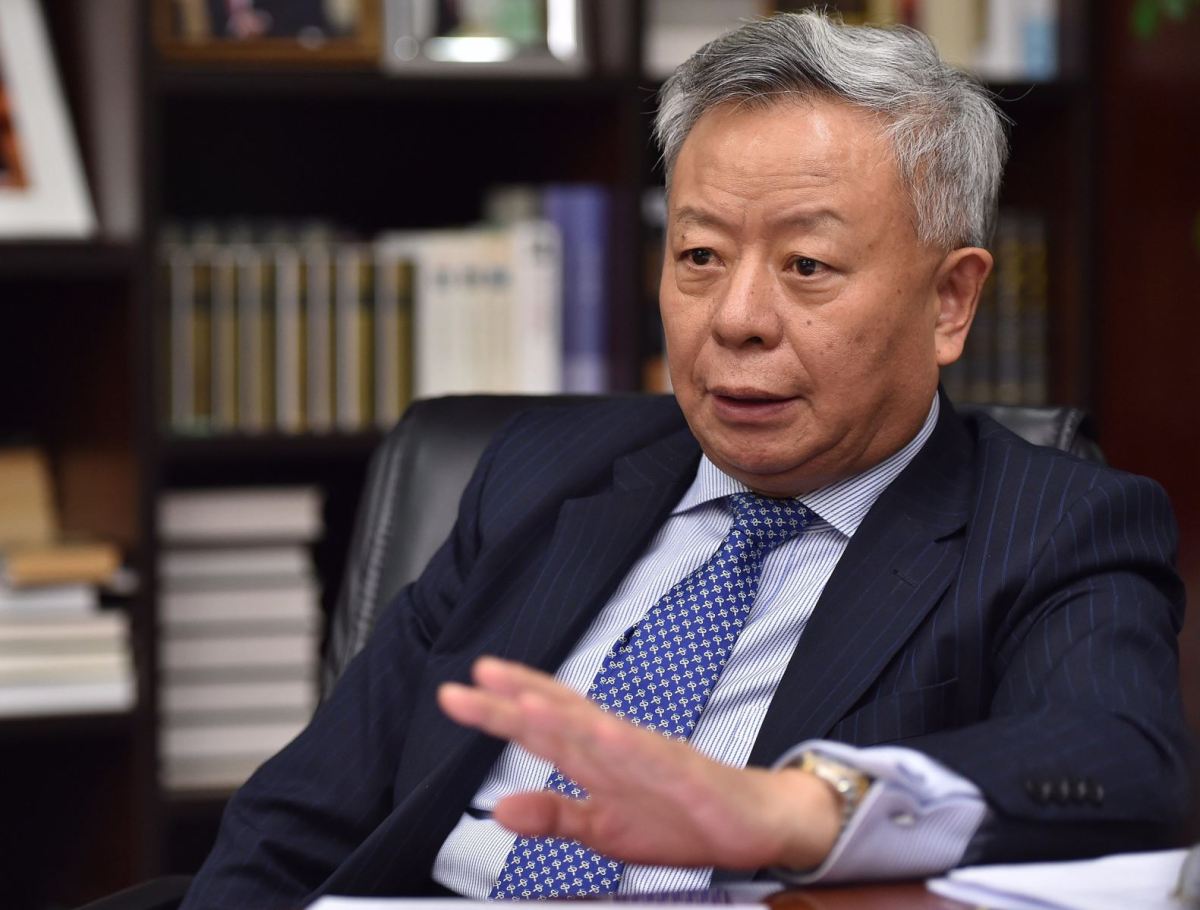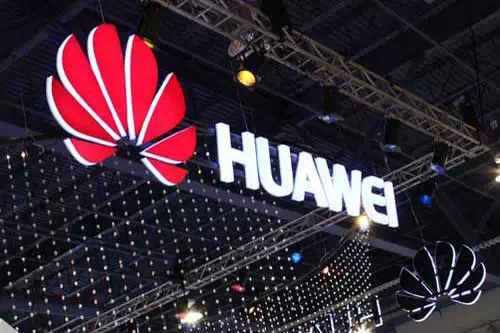(
YicaiGlobal)
Jan. 11 — Chinese state-owned enterprise CITIC Group Corp. announced
this week it had acquired a 20-year franchise for McDonald’s restaurants
in both mainland China and Hong Kong at a price of USD2.08 billion,
jointly with several other parties. This hunt for buyers had lasted
almost a year, with a dozen companies and institutions in a row
participating in the bidding.
Noteworthy is that, Yum China Holdings Inc. (NYSE:YUMC), KFC’s
parent, announced its separation from Yum! Brands, Inc. (NYSE:YUM) a
month ago and its independent NYSE listing. Before listing, Yum China
once announced its decision to sell 20 percent of its stake.
These two fast food operators took similar actions. This was no
coincidence. We have therefore compiled five questions — possibly the
questions uppermost in everyone’s minds — to try to explain this matter.
1. Why did they sell their businesses?
The answer is quite simple. Fast food is not as popular now in
China’s market. New brands, convenience stores and food delivery
services have displaced it. Also, these two brands’ market shares are
falling within the fast food sector itself. Euromonitor International
conducted a market survey that showed the market shares of KFC and
McDonald’s in China’s fast food industry have dropped to around 37
percent (24 percent and 13 percent for these two brands, respectively)
from a peak of 57 percent (40 percent and 17 percent, respectively).
Yum China and McDonald’s adopted different solutions to resolve this
dilemma. The former chose to separate from the global structure of Yum!
Brands and found an independent company — to whom it sold 20 percent of
the new company’s equity — while McDonald’s sold a 20-year franchise in
the Chinese market, including 2,200 franchised outlets in current
operation.
Both companies reaped massive funding from these deals, a vital
source for their next self-investments. The two firms also carry many
outlets in need of upgrade, since youngsters prefer comfortable,
fashionably-designed restaurants, regardless of menu. They also need to
digitize to lure consumers from a now-fragmented market. All these
circumstances clamor for massive funding.
Their methods of selling themselves differ in the extreme.
Yum China’s methods indicate its managers will still wield future
authority over the firm, whereas McDonald’s will switch to a new boss
for its Chinese team. Though whether this new boss will keep the team is
as-yet unknown, at least Su Jingshi, Yum China’s former chief executive
and senior McDonald’s managers who left office have received requests
from the investor team to stay on.
To revert to the question of why they sold their businesses, in the
two companies’ own words, “to sell yourself to improve the business” is
better than “to sell yourself at the highest premium.”
This is true.
Generally, franchise stores enjoy better business than direct-sales
stores because some belong to franchisees willing to lavish more
attention and money on running their stores. For instance, they promote
their shops with their own resources and better decorate them.
This idea is also applicable to companies.
The sale of Yum China and McDonald’s means that they have transferred
their franchise in the Chinese market to local teams, demonstrating
localization in such areas as product research and development, and the
decision to open outlets. Such localization won KFC a larger market
share than McDonald’s.
2. Why did the deals take so long — from the beginning until the end of this year?
Apart from continuous bargaining, no one Chinese company can digest
the huge businesses of McDonald’s and Yum China. The large amounts
bandied about in the deal spooked ele.me — an online food-booking
enterprise with rapid growth — into spontaneously quitting the bidding.
More important, although these two companies were anxious to sell their
businesses, they also cared about the buyers.
Ant Financial Services Group and Primavera Capital Group are the
buyers of Yum China. The former represents the possibility of developing
a simple off-line business into an O2O model. The latter indicated that
Yum China was looking for a company that better understands
investments. After buying into Yum China, Primavera Capital founder Fred
Hu (Hu Zuliu) became the firm’s new director. Yum China said, “This
indicates we have formed a strong and rigorous corporate governance
structure.” To learn the significance of the design of corporate
governance structures, the experience this year of China Vanke Co
(SHE:000002) is a good example.
McDonald’s has not found a satisfying investor yet, despite multiple
offers, because external capital is not only about money, but new
relations and competence as well.
The combination of CITIC Group Corp. and Carlyle Group LP (NASDAQ:CG)
is quite like the capital combination Yum China took in. As a
state-owned enterprise (SOE), CITIC represents ties with the government,
which was previously lacking in McDonald’s as aforeign
joint-venturebrand. This factor will play a significant role in the hunt
for new outlet resources. The key for all chain businesses is location.
Carlyle plays a role similar to Fred Hu in Yum China, namely for the
global capital needed by McDonald’s, which like Yum is also a US-based
company.
3. Why are investors making acquisitions in the sluggish fast food business?
‘Where’s the value?’ is a question confusing many people, including
those conducting negotiations with McDonald’s and KFC after the two
companies announced their intention to sell at almost the same time.
Potential investors are also left wondering which company’s shares offer
better value.
Yum complained about bidders’ low valuations, though nobody can
accurately determine the shares’ value. Yum director Keith Meister tried
to make clear that the offers only matched company revenues, rather
than its actual value, indicating investors greater concern over current
assets or profitability.
McDonald’s has over 2,000 outlets in China and Yum more than 7,000.
After expressing their intent to sell, buyers differed in their
interpretations of the reasons for the sale. Some consider how large the
fast food market’s potential is in the urbanization of China, while
other investors consulted company employees. One former executive
suggested the number of outlet stores each company has in prime
locations could influence investors.
Investors don’t decide based on the number of restaurants alone. Some
noted that acquiring Yum China does not confer on investors the right
to control the company, but investing in McDonald’s does. This is an
important difference that affects investors’ role within the company and
determines their ability to steer its direction.
Two other differences investors noted are leadership and marketing.
The former chief executive of Yum China led Yum for around 15 years,
whereas McDonald’s changes its head every three to four years. Investors
feel McDonald’s has better branding, but Yum is more innovative in
products and pricing.
4. Will we still be able to eat ‘authentic’ fast food?
Depending on your definition of authentic, you may never have eaten
authentic fast food in China. Products are localized here with flavors
altered to match local tastes. Both McDonald’s and KFC ply this practice
— like most companies. We need to look at the relationship between the
companies’ Chinese and global operations to understand how the sale will
affect products.
Once sold, Yum! China will become a franchisee of Yum! and be
authorized to operate all company brands and products, but may do so on a
different timeline than the rest of the world. Yum! China will also be
free to independently develop products for sale in its Chinese stores.
McDonald’s has not disclosed such information, so it is uncertain how
its menu will evolve, but it did say that McDonald’s China aims to
‘localize’ its food more, so the Chinese unit will likely be able to
customize its menu.
5. McDonald’s China said only a 20-year franchise is sold, so what happens 20 years from now?
To know what will happen in 20 years, look at the cooperation between
Starbucks Corp. (NASDAQ:SBUX) and Taiwan-based Uni-President Group Co.
After the expiration of their 20-year cooperation, the two companies
recently renewed their cooperative agreement — Uni-President develops
and operates Starbucks’s businesses in East China.
A brand franchiser cannot easily replace an operator who succeeds in
boosting business. Within 20 years, the operator may even change its
position within the cooperative relationship through sound business
performance.
Both CBN Weekly and YicaiGlobal
are owned by Chinese Business Network, the largest financial news group
in China. Over the past 13 years, CBN has dominated Chinese financial
media through radio, television, newspaper, magazine, new media,
information services, business research and other mediums. It is the
first choice of partner for the world’s top financial forums and
international economic organizations.


